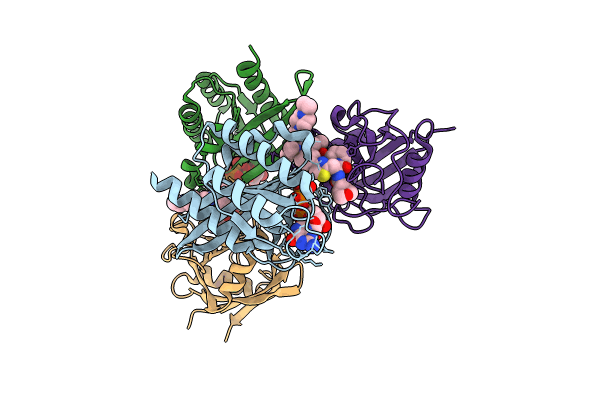
Deposition Date
2023-06-28
Release Date
2024-02-07
Last Version Date
2024-06-05
Method Details:
Experimental Method:
Resolution:
1.26 Å
R-Value Free:
0.18
R-Value Work:
0.14
R-Value Observed:
0.14
Space Group:
P 21 21 21


